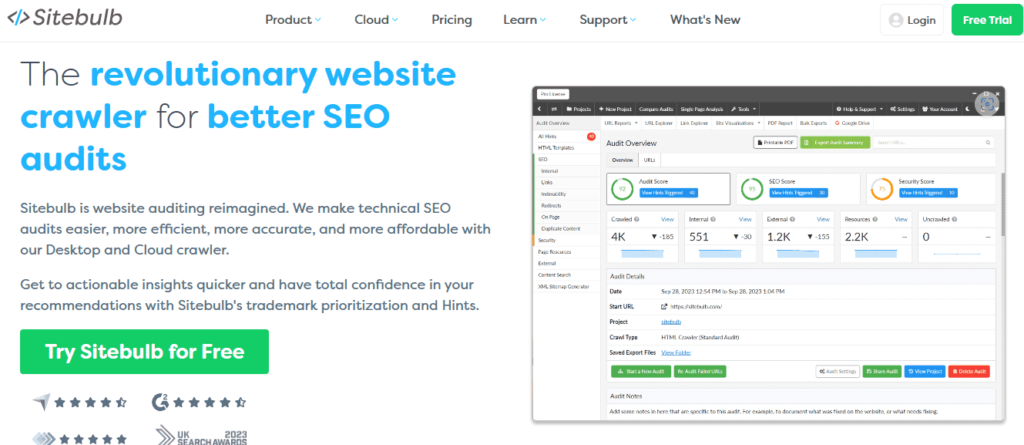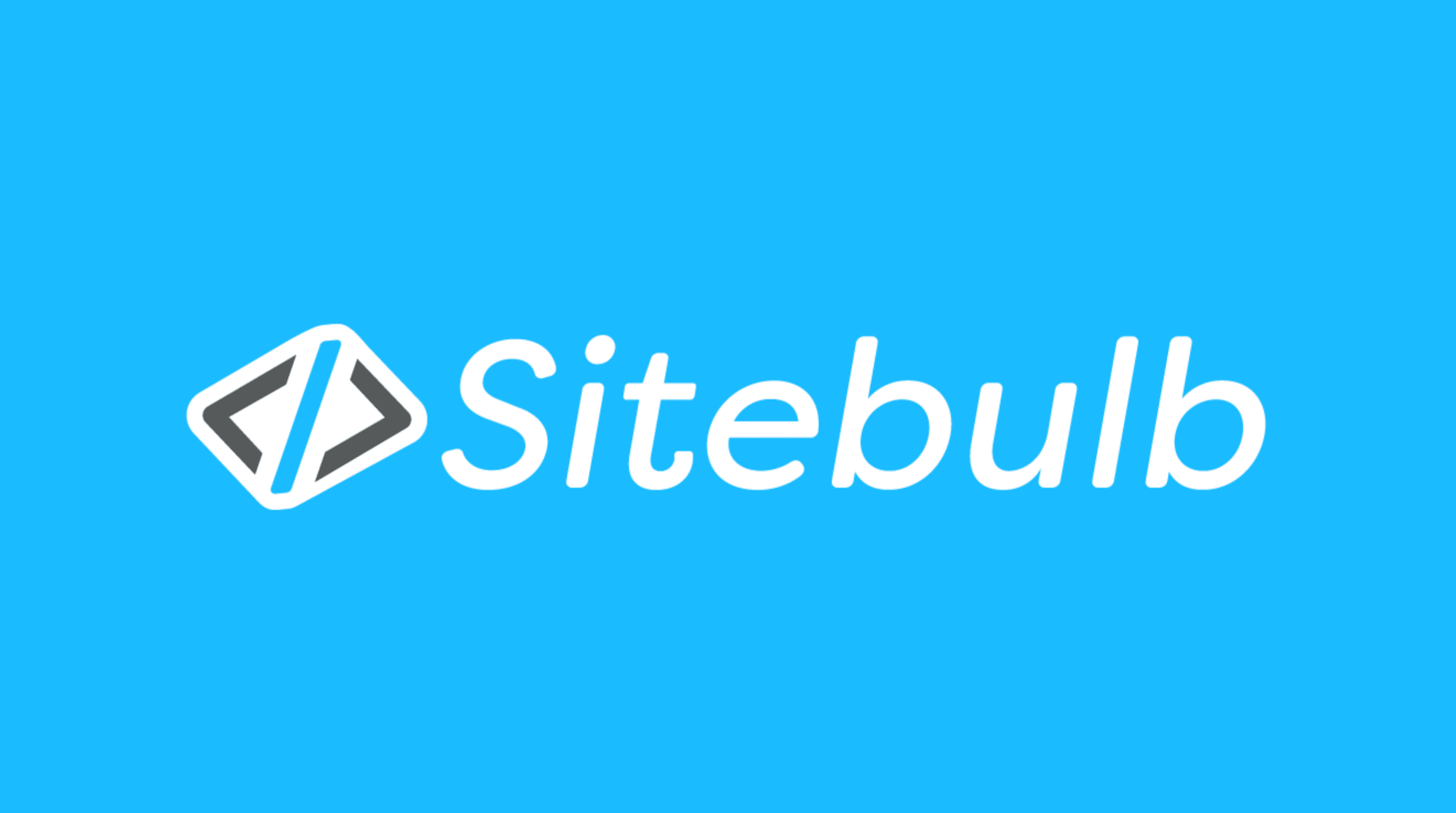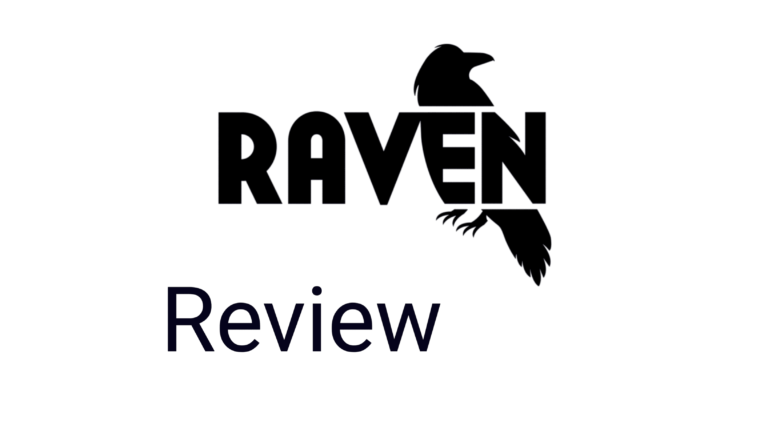In today’s highly competitive digital landscape, optimizing your website for search engines is crucial to driving organic traffic and achieving business goals. Sitebulb, a popular SEO auditing tool, has gained significant traction among website owners and digital marketers.
In this comprehensive review, we’ll delve into the key features, benefits, and potential limitations of Sitebulb in 2024, helping you determine if it’s the right tool for your SEO needs.

Table of Contents
Sitebulb Review 2024
Key Features of Sitebulb
- In-depth Technical Audits: Sitebulb excels at performing thorough technical audits of websites, identifying issues such as broken links, missing meta tags, duplicate content, and slow loading times.
- Customizable Crawl: The tool offers a highly customizable crawling process, allowing you to focus on specific areas of your website and tailor the audit to your exact requirements.
- User-Friendly Interface: Sitebulb boasts an intuitive interface that makes it easy for both beginners and experienced users to navigate and understand the results.
- Actionable Insights: The tool provides clear and actionable recommendations to help you improve your website’s SEO and overall performance.
- Integration with Other Tools: Sitebulb can be integrated with other popular SEO tools, such as Google Analytics and Google Search Console, to provide a more complete picture of your website’s health.
Benefits of Using Sitebulb
- Improved Search Engine Rankings: By addressing the technical issues identified by Sitebulb, you can significantly improve your website’s search engine rankings.
- Enhanced User Experience: A faster and more accessible website will lead to a better user experience, increasing your chances of retaining visitors and converting them into customers.
- Cost-Effective: Compared to hiring an SEO agency, using Sitebulb can be a more cost-effective solution for many businesses.
- Time-Saving: Automating the technical audit process can save you significant time and effort.
A Deeper Dive into Sitebulb’s Features
Sitebulb: Beyond the Basics
While Sitebulb offers a robust suite of tools for technical SEO, it’s worth exploring some of its advanced features that can provide even greater insights into your website’s performance.
1. Log File Analysis:
- Identify 404 errors and other server-side issues: Sitebulb can analyze your server logs to pinpoint specific error codes and their frequency.
- Optimize crawl budget: By understanding how search engine crawlers interact with your site, you can optimize your site structure and resource usage.
2. Keyword Research and Gap Analysis:
- Discover untapped keyword opportunities: Sitebulb can help you identify relevant keywords that your competitors are ranking for but you’re not.
- Prioritize keywords: The tool helps you focus on keywords with the highest potential impact on your search engine rankings.
3. Mobile Optimization:
- Assess mobile-friendliness: Sitebulb can evaluate your website’s mobile performance, including page load speed, mobile-specific content, and responsive design.
- Identify mobile-specific issues: The tool can highlight problems like slow rendering times, broken links, and poor user experience on mobile devices.
4. Competitive Analysis:
- Benchmark your website against competitors: Sitebulb allows you to compare your website’s performance metrics to those of your competitors.
- Identify areas for improvement: By analyzing your competitors’ strengths and weaknesses, you can identify opportunities to gain a competitive edge.
By leveraging these advanced features, you can gain a deeper understanding of your website’s SEO performance and make data-driven decisions to improve your search engine rankings and user experience.
Potential Limitations
While Sitebulb is a powerful tool, it’s important to be aware of its limitations. For example, it may not be the best choice for very large websites or those with complex technical configurations.
Additionally, Sitebulb focuses primarily on technical SEO, and you may need to supplement it with other tools for content optimization and link building.
Sitebulb is a valuable asset for anyone looking to improve their website’s SEO. Its ability to identify and resolve technical issues, combined with its user-friendly interface and actionable insights, makes it a strong contender in the SEO tool market. However, it’s essential to consider your specific needs and budget before making a decision.
By carefully evaluating the pros and cons of Sitebulb, you can determine if it’s the right fit for your business.
Can beginners use Sitebulb easily?
Yes, Sitebulb is designed to be user-friendly, even for beginners in the field of SEO, offering an intuitive interface and clear reports.
What is the main benefit of using Sitebulb?
The main benefit of Sitebulb is identifying technical issues that negatively impact your website’s ranking on search engines, helping you to improve overall site performance.
Can I compare Sitebulb to other tools like SEMrush?
Yes, you can compare Sitebulb with other tools. While Sitebulb primarily focuses on technical site analysis, tools like SEMrush offer a more comprehensive set of features.
Is there a free trial of Sitebulb?
Yes, there is a free 14-day trial.



